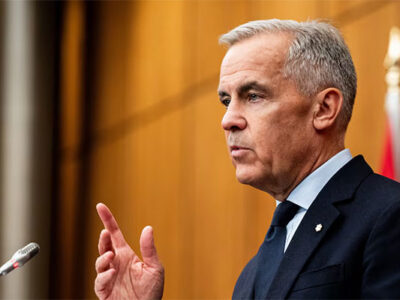Bloomberg News | Aug 5, 2014–Chinese solar manufacturers climbed on news the world’s biggest supplier of photovoltaic panels may announce policies as soon as this month to encourage businesses to install the technology on rooftops.
Under the policies, the National Energy Administration would call for local planners to add more projects in regions where electricity can be distributed to customers living nearby, according to people familiar with the matter who asked not to be identified because they aren’t authorized to speak publicly.
“China’s finding a way to prop up local demand by providing additional incentives for residential and commercial solar — and the focus is going to be on the distributed side,” Angelo Zino, an analyst at S&P Capital IQ in New York, said in a telephone interview.
The government will focus on supporting the development of so-called distributed solar power projects in industrial zones and at industrial and commercial companies with large rooftops. Big consumers of electricity will also be encouraged to develop solar projects as a way to reduce power costs.
Distributed Solar
The push may help China edge closer to its target of installing 8 gigawatts of distributed solar, which is eligible this year for subsidies, and may spur orders for solar equipment. Distributed projects have already caught the interest of investors such as Yingli and GCL New Energy Holdings Ltd. (451)
Two phone calls to the National Energy Administration went unanswered yesterday. An official at the National Development and Reform Commission’s news department referred calls to the NEA.
Distributed generation refers to electricity produced at or near where it’s used. In the case of solar, distributed projects typically include rooftops or ground-mounted panels near facilities such as sporting arenas or municipal buildings.
China will encourage local governments to offer extra subsidies for distributed solar power investments and increase support for the projects at schools, hospitals and rural areas, said the people. The country last year introduced a subsidy of 0.42 yuan (7 U.S. cents) a kilowatt-hour for the projects.
Public Infrastructure
Installations of solar panels will be promoted on public infrastructure such as railway stations and airport terminals. Solar projects built on abandoned land and hills, agricultural greenhouses, inter-tidal zones, fishponds and lakes and connected to grids with low voltage will enjoy preferential tariffs, the people said.
The government will encourage financial institutions to offer discounts on loans and longer loan terms for distributed projects and encourage the forming of photovoltaic industry investment funds among insurance companies and trusts.














Comments